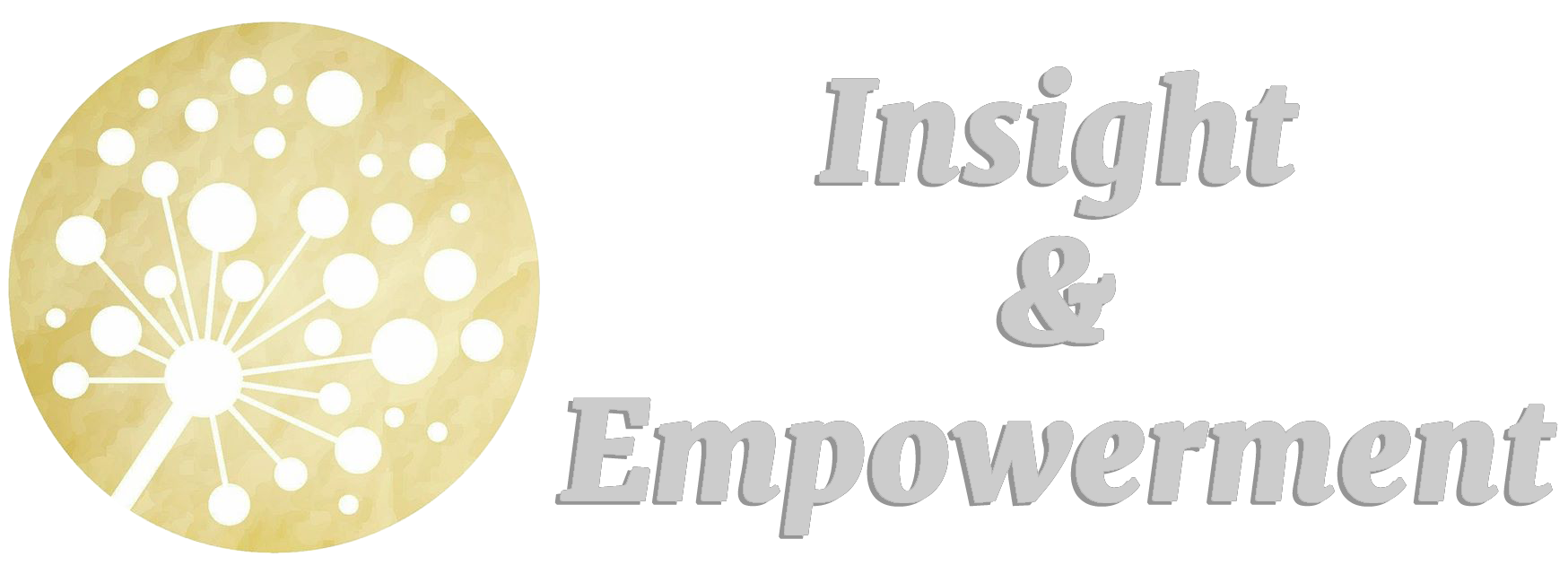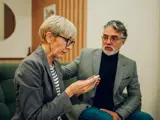A conjoint session, followed by individual interviews with each partner are conducted. Couples complete questionnaires and then receive detailed feedback on their relationship.
Couples Therapy
A wise woman once told me that,
"We are hurt in relationship and also healed in relationship"
Therapy can be a catalyst to move your relationship from a place of hurting to healing.
We often recommend couples therapy for individuals that have struggled with childhood trauma or interpersonal trauma, so the partner can understand with empathy and compassion their partner's stress response and lean into their relationship and partner, separate from the stress/trauma response. This helps lessen symptoms of shame and withdrawal that can affect the relationship. I have received specialized training and certification in couples therapy, utilizing Julie and John Gottman's research from the Gottman Institute, leading couples therapy researcher's.
The Gottman technique provides additional tools and resources for the couple, helps to increase positive communication, emotional attunement within the relationship and understanding of their partner. A book that is recommended and goes along with the therapy is called "The 7 Principles of Making Marriage Work." by John Gottman. Another helpful resource is "The 5 Love Languages," by Gary Chapman.
Gottman Method Couples Therapy
Couples who enter into Gottman Method Couples Therapy begin with an assessment process that then informs the therapeutic framework and intervention.
The couple and therapist decide on the frequency and duration of the sessions.
Interventions are designed to help couples strengthen their relationships in three primary areas: friendship, conflict management, and creation of shared meaning. Couples learn to replace negative conflict patterns with positive interactions and to repair past hurts. Interventions designed to increase closeness and intimacy are used to improve friendship, deepen emotional connection, and create changes which enhances the couples shared goals. Relapse prevention is also addressed.
Drs. John and Julie Gottman developed nine components of healthy relationships known as The Sound Relationship House Theory.
How well do you know your partner’s inner psychological world, his or her history, worries, stresses, joys, and hopes?
The antidote for contempt, this level focuses on the amount of affection and respect within a relationship. (To strengthen fondness and admiration, express appreciation and respect.)
State your needs, be aware of bids for connection and respond to (turn towards) them. The small moments of everyday life are actually the building blocks of relationship.
The presence of a positive approach to problem-solving and the success of repair attempts.
We say “manage” conflict rather than “resolve” conflict, because relationship conflict is natural and has functional, positive aspects. Understand that there is a critical difference in handling perpetual problems and solvable problems.
Create an atmosphere that encourages each person to talk honestly about his or her hopes, values, convictions and aspirations.
Understand important visions, narratives, myths, and metaphors about your relationship.
This is the state that occurs when a person knows that his or her partner acts and thinks to maximize that person’s best interests and benefits, not just the partner’s own interests and benefits. In other words, this means, “my partner has my back and is there for me.”
This means believing (and acting on the belief) that your relationship with this person is completely your lifelong journey, for better or for worse (meaning that if it gets worse you will both work to improve it). It implies cherishing your partner’s positive qualities and nurturing gratitude by comparing the partner favorably with real or imagined others, rather than trashing the partner by magnifying negative qualities, and nurturing resentment by comparing unfavorably with real or imagined others.
Who Can Benefit from the Gottman Method?
In his New York Times bestselling book The Seven Principles for Making Marriage Work, Dr. John Gottman writes, “Although you may feel your situation is unique, we have found that all marital conflicts fall into two categories: Either they can be resolved, or they are perpetual, which means they will be part of your lives forever, in some form or another.” Gottman says that 69% of marital conflicts are perpetual problems, and these are of particular focus in much of the work performed by Gottman-trained therapists.
The Gottman Method is designed to support couples across all economic, racial, sexual orientation, and cultural sectors. Research has shown Gottman Method Couples Therapy to be effective for treating same-sex relationships.
Some of the relationship issues that may be addressed in therapy include:
-
Frequent conflict and arguments
-
Poor communication
-
Emotionally distanced couples on the verge of separation
-
Specific problems such as sexual difficulties, infidelity, money, and parenting
Even couples with “normal” levels of conflict may benefit from the Gottman Method Couples Therapy. Gottman-trained therapists aim to help couples build stronger relationships overall and healthier ways to cope with issues as they arise in the future.
Contact our specialists to get started


